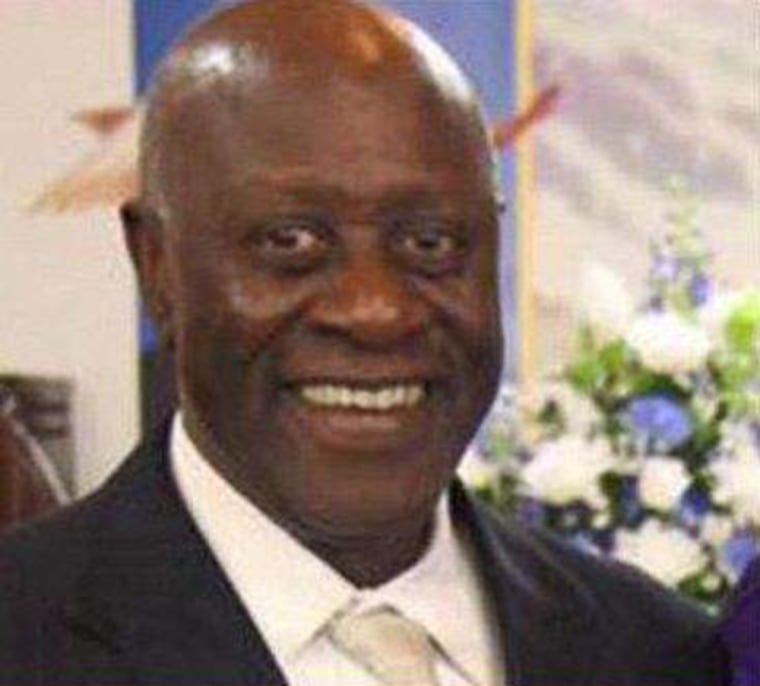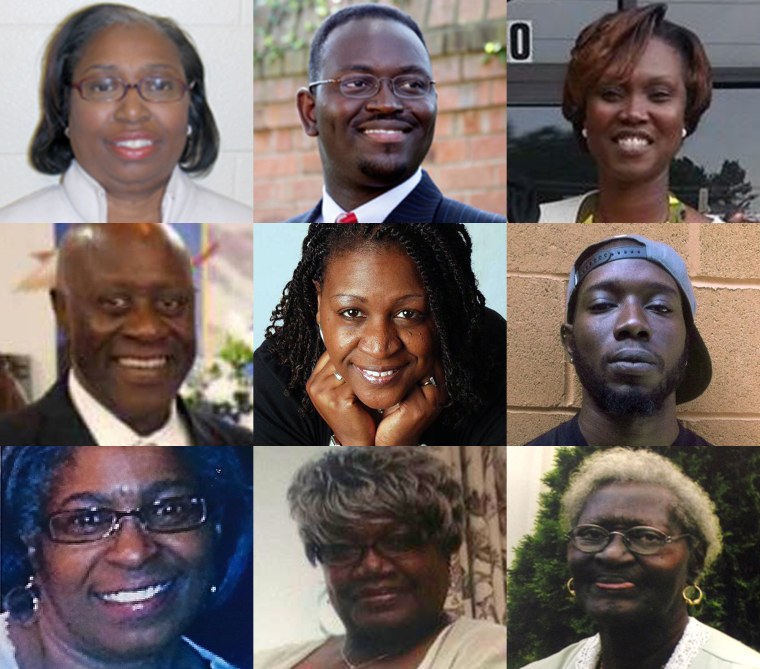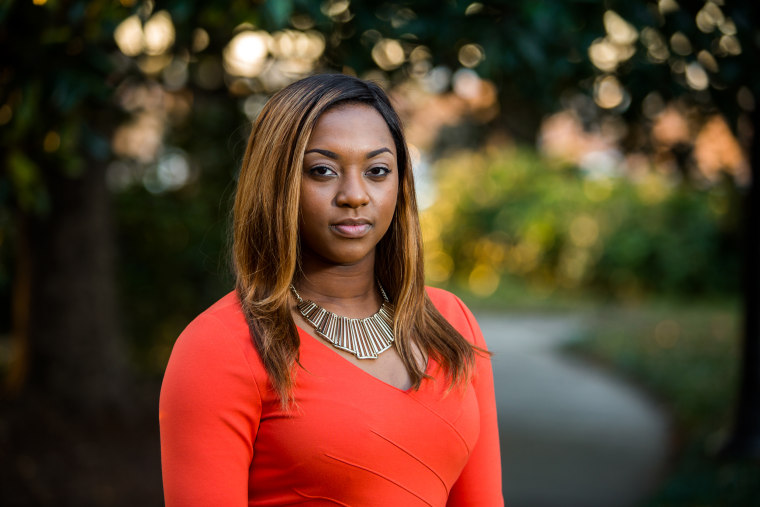It didn't take long for Alana Simmons to forgive the man who murdered her grandfather and eight others at a South Carolina church. She did it so she could focus on more important things, like honoring the man she'd lost.
Simmons got so absorbed in her mission that she never tried to understand the details of the massacre: how Dylann Roof, motivated by his hatred of black people, planned alone for the June 2015 attack at Emanuel AME Church in Charleston, where her grandfather, the Rev. Daniel Simmons, was a pastor.
She learned all of that at Roof's federal trial, which ended this week with a jury condemning him to death.
Related: Dylann Roof Sentenced to Death for Charleston Church Massacre
Now, Simmons said, she and the rest of the world can see the massacre for what it was: not the result of an untreated mental illness, or revenge for something a black person had done to him, but, simply, "a racist hate crime."
"To me, that just seemed like a radical truth," Simmons, 27, said Thursday, the morning after Roof was sentenced to death.
Although there will be appeals and hearings and perhaps a state trial, Roof's sentencing brought a sense of relief, and finality, to Simmons and her family.
She knows that in many cases of mass murder, the killer dies during the event, leaving it impossible for victims' families to understand why their loved ones were targeted.
"I think that didn't happen in this case so we could be able to understand that racism is very real and we have to deal with it and find a way to co-exist together," Simmons said.

That work began two days after the June 17, 2015 killings, at Roof's first court hearing. The judge asked if any victims' relatives wanted to speak. Simmons, a music teacher and real estate agent, told her father and brother they shouldn't. But then something extraordinary happened.
Related: Charleston Church Shooting: Families of Victims Address Dylann Roof at Bond Hearing
The first to rise was Nadine Collier, whose mother, Ethel Lance, died in the shooting. Collier, in visible anguish, said: "I just want everyone to know, to you, I forgive you. I will never talk to her ever again. I will never be able to hold her again. But I forgive you. And have mercy on your soul.”
That act, Simmons said, moved her. She suddenly wanted to do something similar. So did others. The Rev. Anthony Thompson, who'd lost his wife, Myra Thompson, told Roof that he and his family also forgave him. Felicia Sanders, who survived the attack but watched her son die, asked God to show mercy on Roof's soul.

Simmons said she recognized that the speakers, by forgiving Roof, were taking away power he thought he had over the victims' lives, and their own. Her grandfather had based his life on the principles of love and service, and she wanted that to be the last word.
She stood. "Although my grandfather and the other victims died at the hands of hate, this is proof, everyone’s plea for your soul, is proof that they lived in love and their legacies will live in love," Simmons said. "So hate won’t win. And I just want to thank the court for making sure that hate doesn’t win.”
Related: Charleston Church Shooter Dylann Roof ‘Caught Us With Our Eyes Closed’
The words came to her on the spot. But that phrase, "hate won't win," went viral, rocketing around the world as a hashtag and helping Simmons realize what she needed to do.
She got on Twitter and Facebook, and on television, and asked people to share their stories of showing love to someone who was different from them. Thousands of people responded. President Obama and his wife, Michelle, tweeted a picture of themselves holding up a "Hate Won't Win" T-shirt and two hands forming the shape of a heart.
Simmons and her family formed a nonprofit, Hate Won't Win, to encourage dialogue on race and differences, and to help victims of hate-fueled attacks.
"We had a huge national platform for people to know our stories. But for people who did not have a headline worthy story, they still need help too," Simmons said.

That message has become more relevant, she said, with the nation's sharp political divisions, and the rise of hate crimes reported by civil rights groups since the presidential election.
Not all of the victims' families have forgiven Roof. Not everyone agrees on giving him the death penalty. Simmons understands that.
But if the trial exposed a "radical truth" about a racist killer, there has also been a "radical grace" in the response she's seen from people in Charleston and around the country, she said.
That is how the Emanuel victims' lives continue to resonate, Simmons said.
"Their souls will live on and on because of the way they died," she said. "People will look to them as inspiration."

